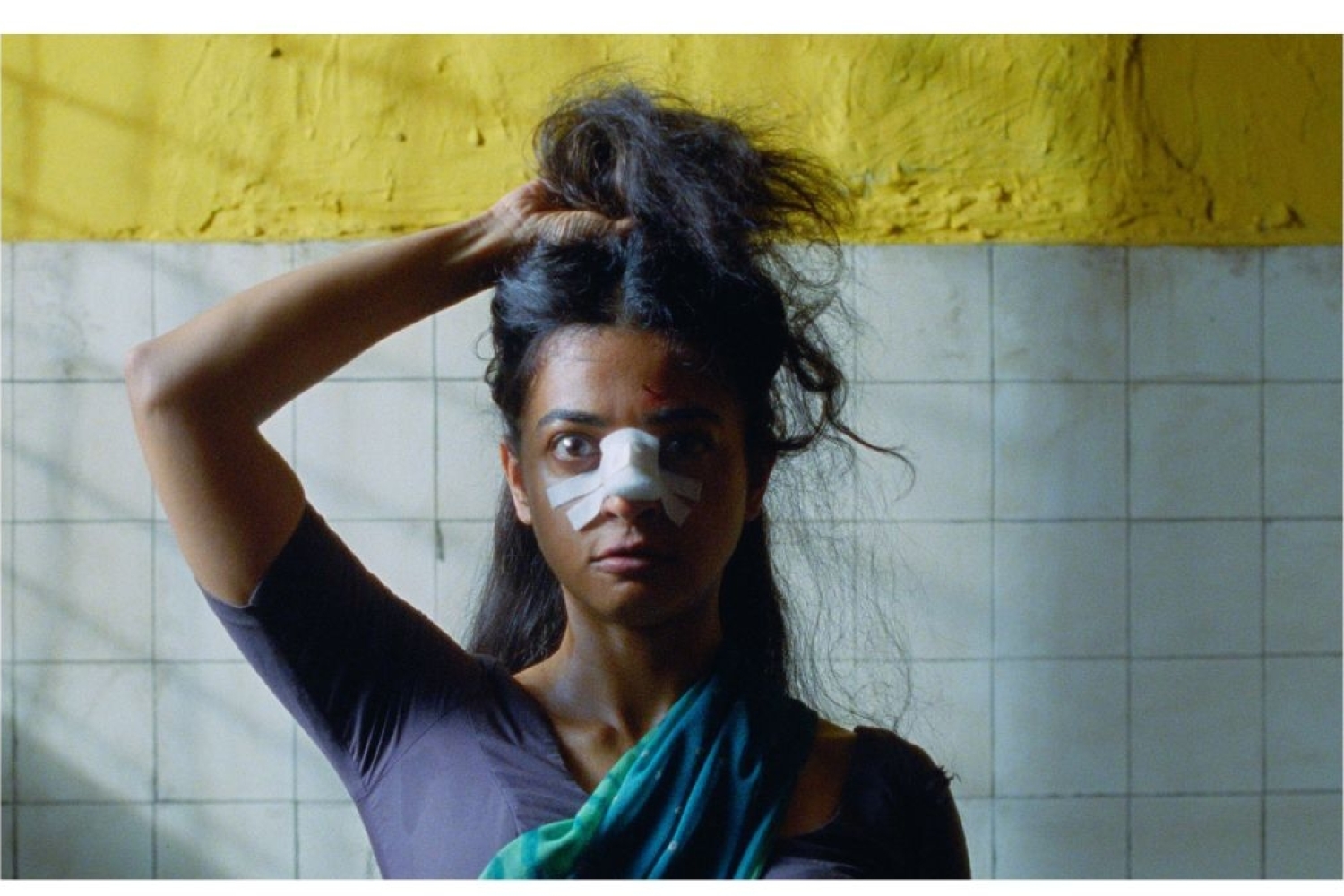

Understanding human relationships can be complex, particularly when two inexperienced individuals navigate their feel-ings and interactions. That is what Sister Midnight is about. Karan Kandhari’s debut film is an exploration that, regardless of background, people are intricate and often neurotic beings. Relationships, in any form, bring their unique challenges, contradictions and absurdities.
By focusing on a married couple in a specific setting, the narrative unfolds to reveal broader truths about human connection and the challenges of cohabitation. Sister Midnight has been around the world collecting massive accolades. It is produced by the BFI in London and was nominated for an Outstanding British Debut at the Baftas. The film screened at Cannes as part of Directors’ Fortnight and it was a nominee for the Douglas Hickox Award [Best Debut Director] at the British Independent Film Awards last year.
Over a Zoom call from London, Karan Kandhari mapped his journey from Kuwait to London for us and deconstructed how Sister Midnight came to be.
What were your aspirations growing up?
This is what I’ve wanted to do for as long as I can remember. I don’t think one chooses to be an artist; I kind of see it as a gender. That doesn’t mean everyone gets to follow it through but the compulsion is not some-thing you ask for. I was born in Kuwait. We left it and went to India during the Gulf War for about a year, then back to another place in the Middle East. But I just wanted to get out of the desert as quickly as I could. Back then, it was music—that was the thing that turned me on, in a sense. And obviously, cinema. It was during the time of VHS and the stuff they played were only conventional Hollywood films in the cinemas. But my dad had a friend who travelled to France for work. Every time he came back from Europe, he’d bring back VHS tapes of Godard and Truffaut films. I remember, at around sixteen, watching Godard’s Masculin Féminin. It showed me cinema could be something different from what I’d been exposed to. I felt a little displaced growing up in various deserts and maybe that shaped the kind of characters I’m drawn to—misfits, to some degree.
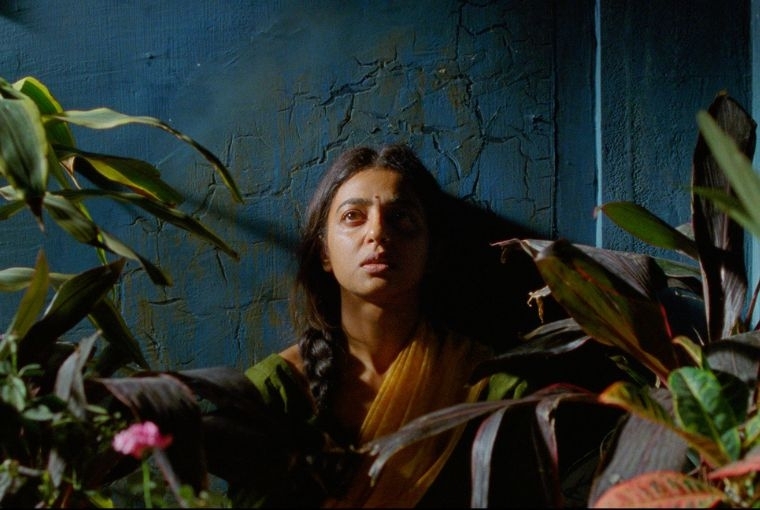
You visited Bombay two decades ago and conceived the character of the protagonist, Uma. Did your thoughts about Uma evolve during that time and how did the script change as a result?
The character has a lot of personal elements from my life. I had the initial concept two decades ago but it remained undeveloped, focussing mainly on the relationship aspect. Around 2013, the project began to solidify and I wrote a treatment. The core structure of the film has remained consistent since then, even as it evolved with collaboration over the years.
Much of the film was shot in Bombay. How did you get familiar with its streets?
It’s crazy and chaotic but that’s what attracted me to the city. It’s a ghost town at night, yet during the day, it’s the most populated place on earth. These two aspects shaped my experience and I hope we captured that chaos and the life of the city, especially through sound. Over the years, I visited many times and certain pockets of the city were imprinted in my mind. The street they live on is based on a real street in the city, though we didn’t shoot on the actual street. Instead, we replicated it elsewhere in Bombay because of logistical challenges.
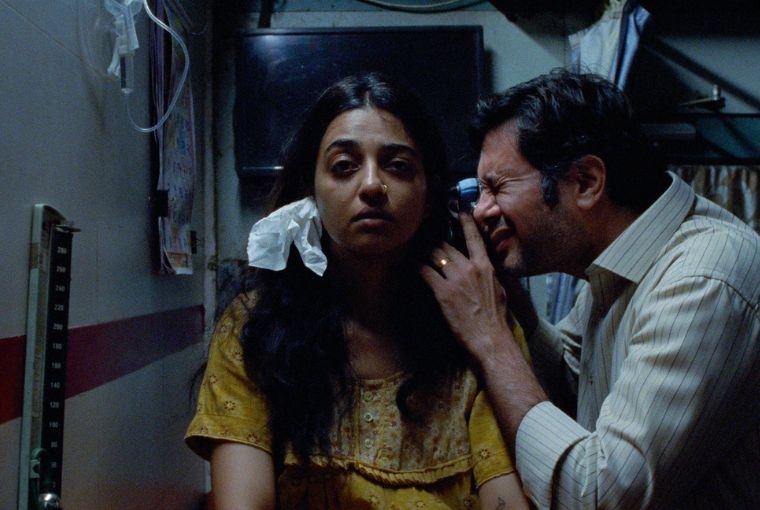
Radhika’s performance has received a lot of praise. Where did you first meet her?
I think I met her seven years ago. She’s been attached since then and she’s just fearless. I visited Bombay to research and soak up the city while doing early casting. Someone suggested I look at her work and after seeing a two-minute clip, I knew she was the one. She’s a force of nature, very funny in real life and I’m proud of her performance. We harnessed her talent despite the film having little dia-logue. It’s a physical performance, rooted in the present moment and the body. The character acts on impulse—like a jar of unstable plutonium, feral and untrained. Although my performances are stylised and structured, they resemble a silent movie using physicality and humour. Critics have been impressed with her; she’s amazing in it.
Do you isolate yourself to immerse in your material while creating or do you like engaging with the world?
It’s a bit of both and it depends on every project, every script. I feel like I’m learning to walk for the first time again. I’m a big believer that you need rituals and structures to create but you also have to abandon them now and then—start from scratch, replenish, because each project requires something different from you internally. I work a lot at night. I do need to isolate myself, especially when doing a full draft. You have to be fully immersed, intoxicated with the material, so it’s the only thing occupying your psyche. In terms of the outside world, I don’t watch films when I’m writing or making a film. If you go looking for inspiration, you’ll never find it—it’s an indirect phenomenon. My consistent companion is always music. It’s like a breadcrumb trail through my unconscious, leading me. A song I’ve known for a long time might give me the feeling I need for a certain section or scene, becoming a flagpost for me. Other art matters too. I need to visit galleries often—otherwise, I feel like I’m lacking nourishment. It’s about feeding the unconscious in different ways while staying solidly hermetic, wrapped up in the material. Writing or making art is difficult; the process takes so much out of you.
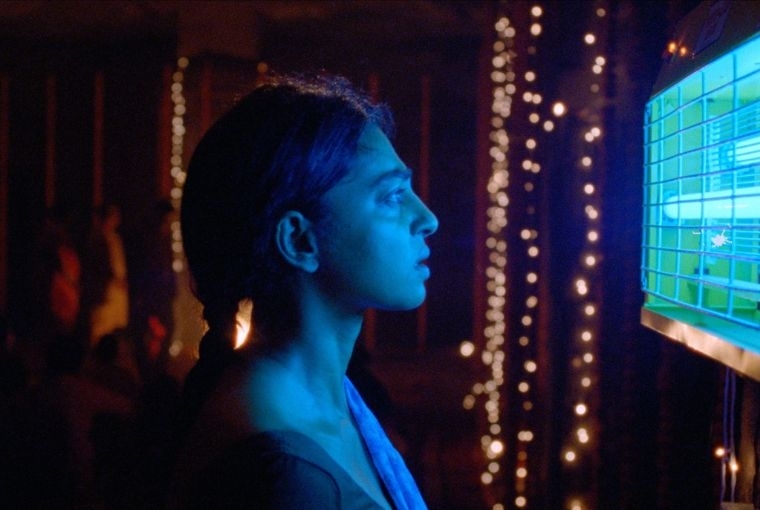
In a previous interview, you mentioned that the magic of storytelling lies in humour. Does this imply that you are working on a comedy next?
Sister Midnight is a comedy with dark humour. To me, it’s just humour. In all my work, humour is the main thread. It can be the most transcendent thing if you nail it. In a sense, everything I’m writing is a comedy, though I don’t like labels. But if I can’t find the humour in a story, I can’t write it.
Words Hansika Lohani
Date 15-11-2025
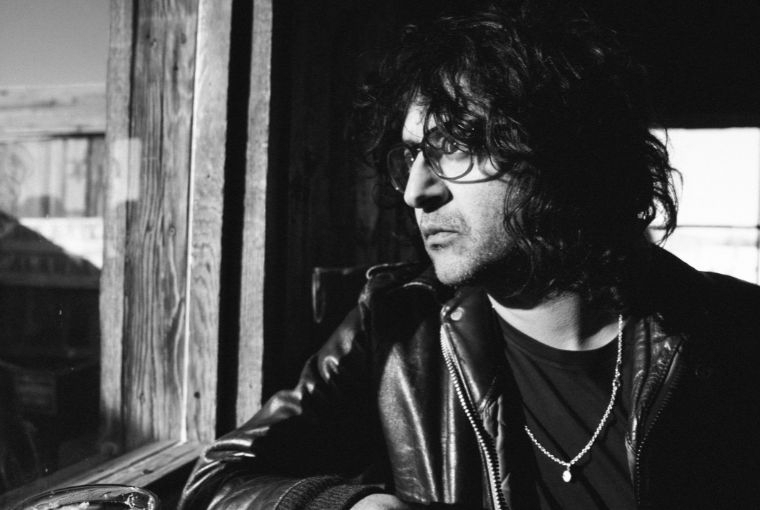
Director, Karan Kandhari